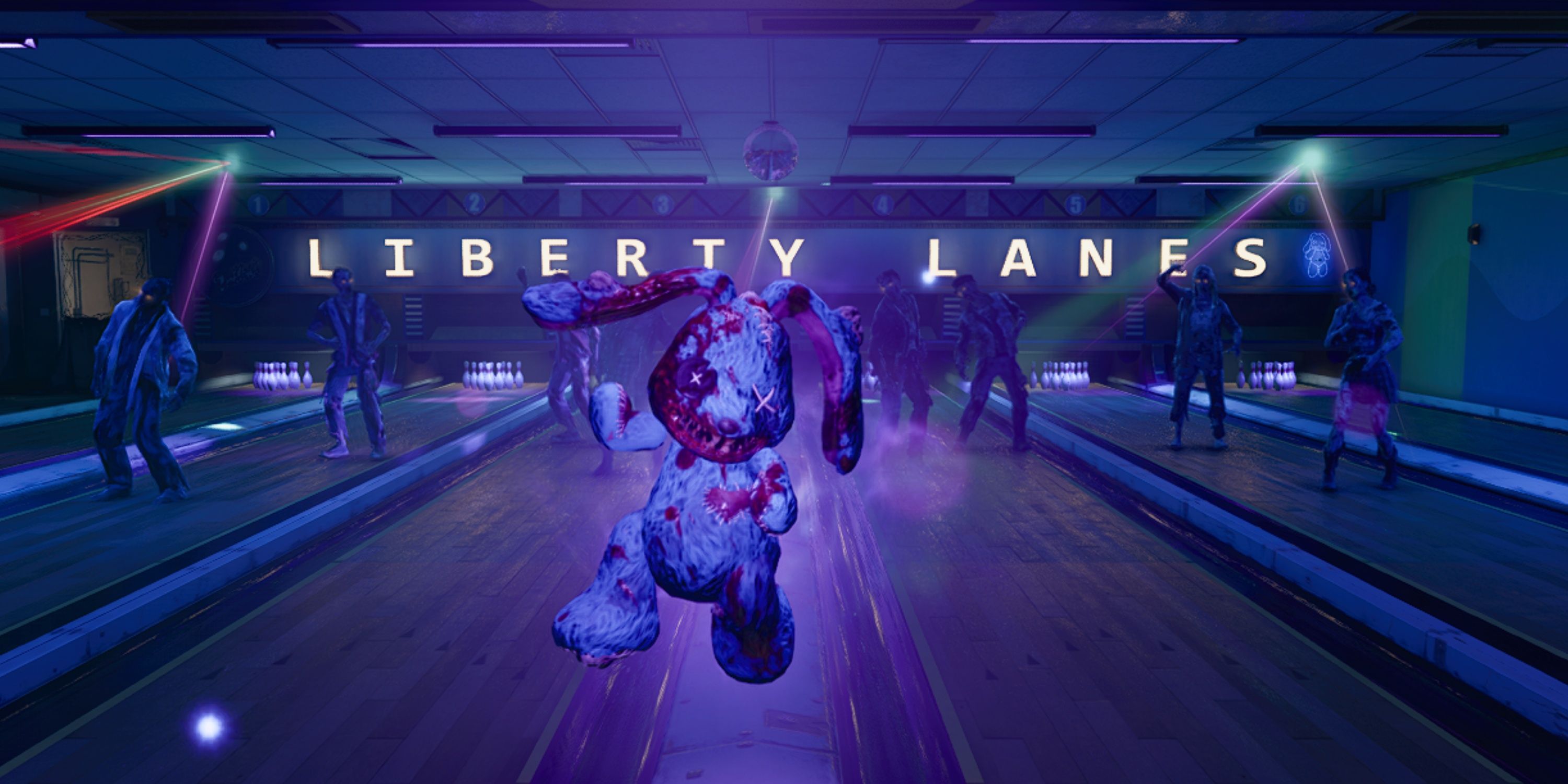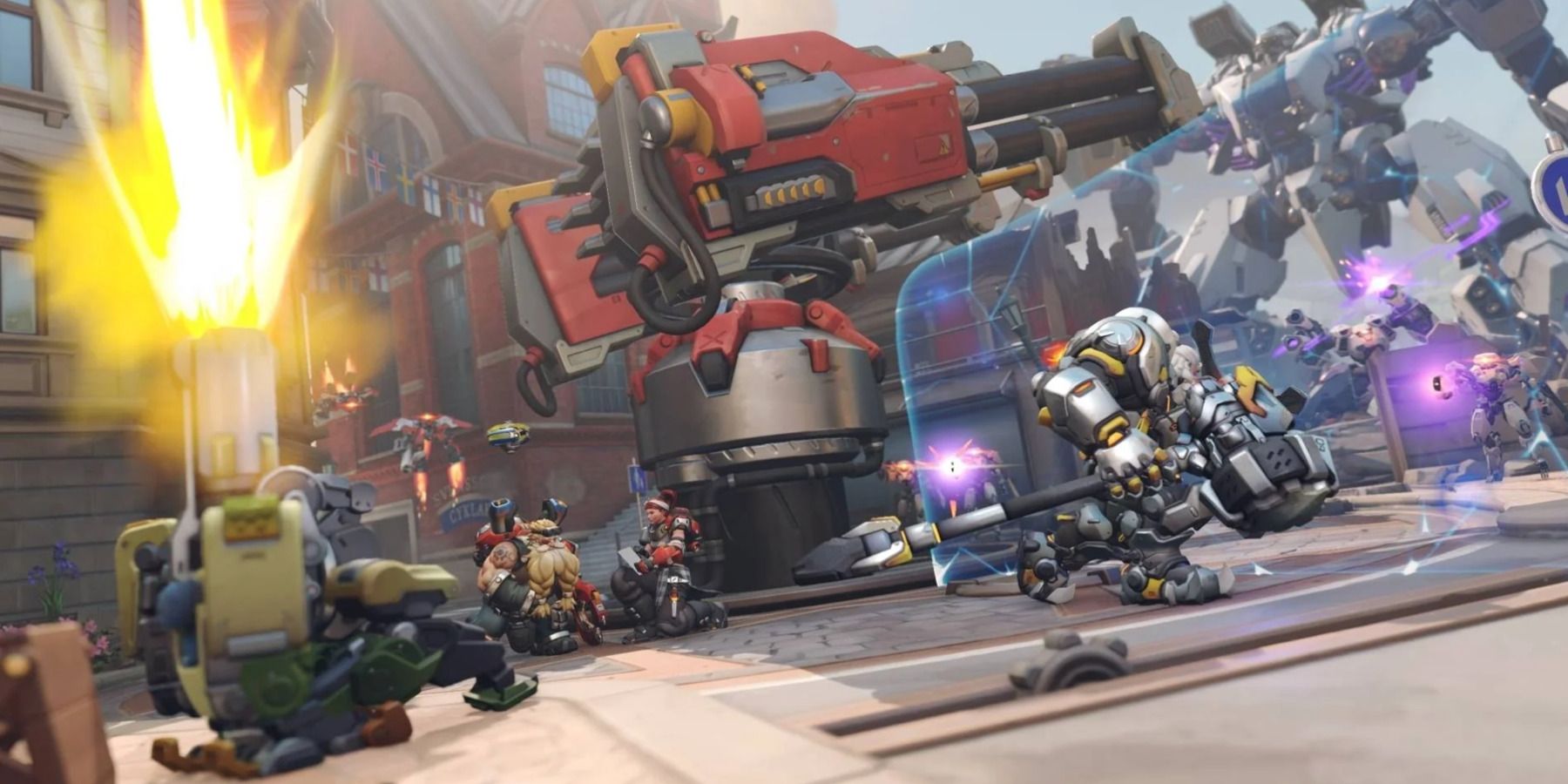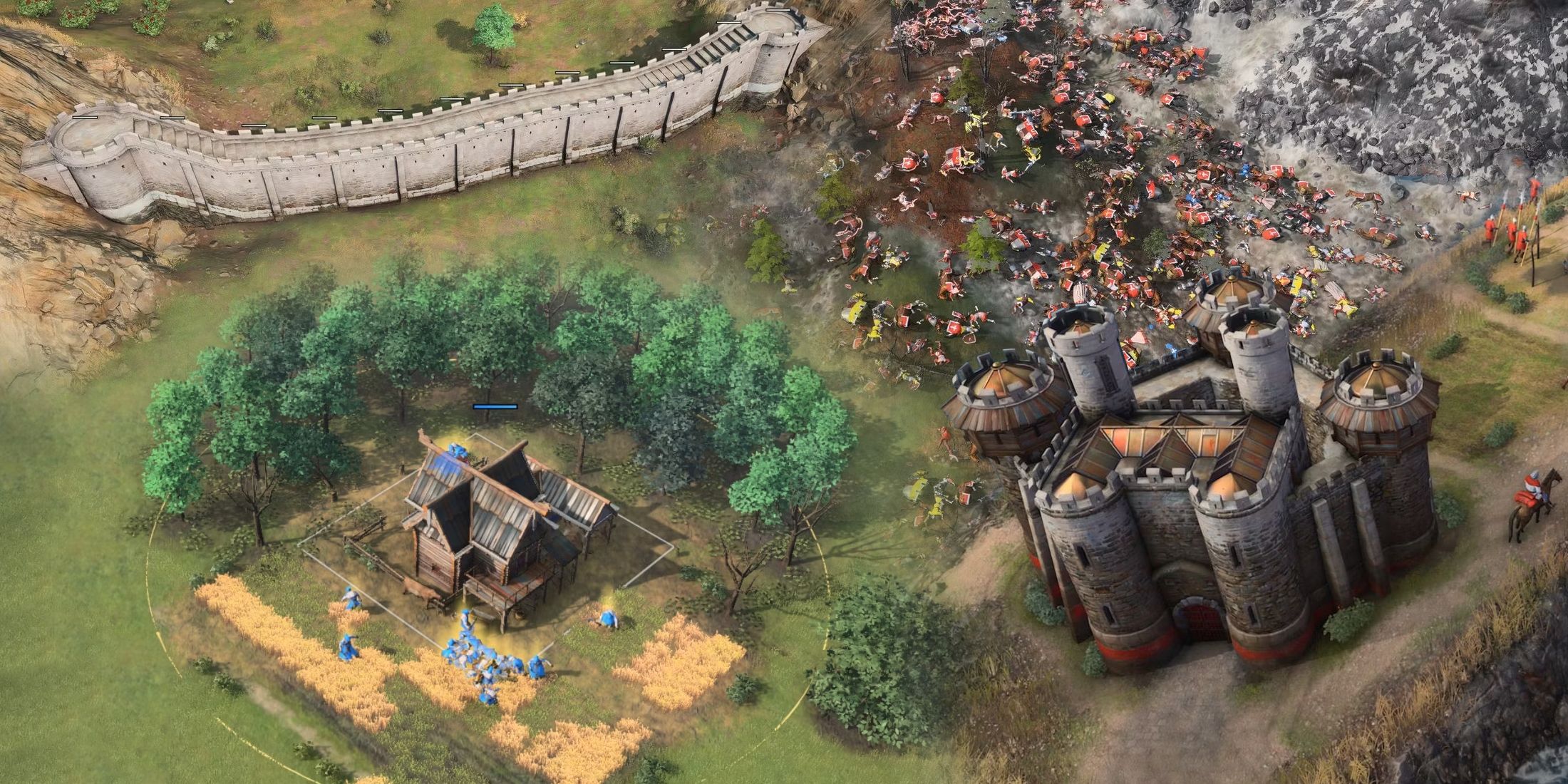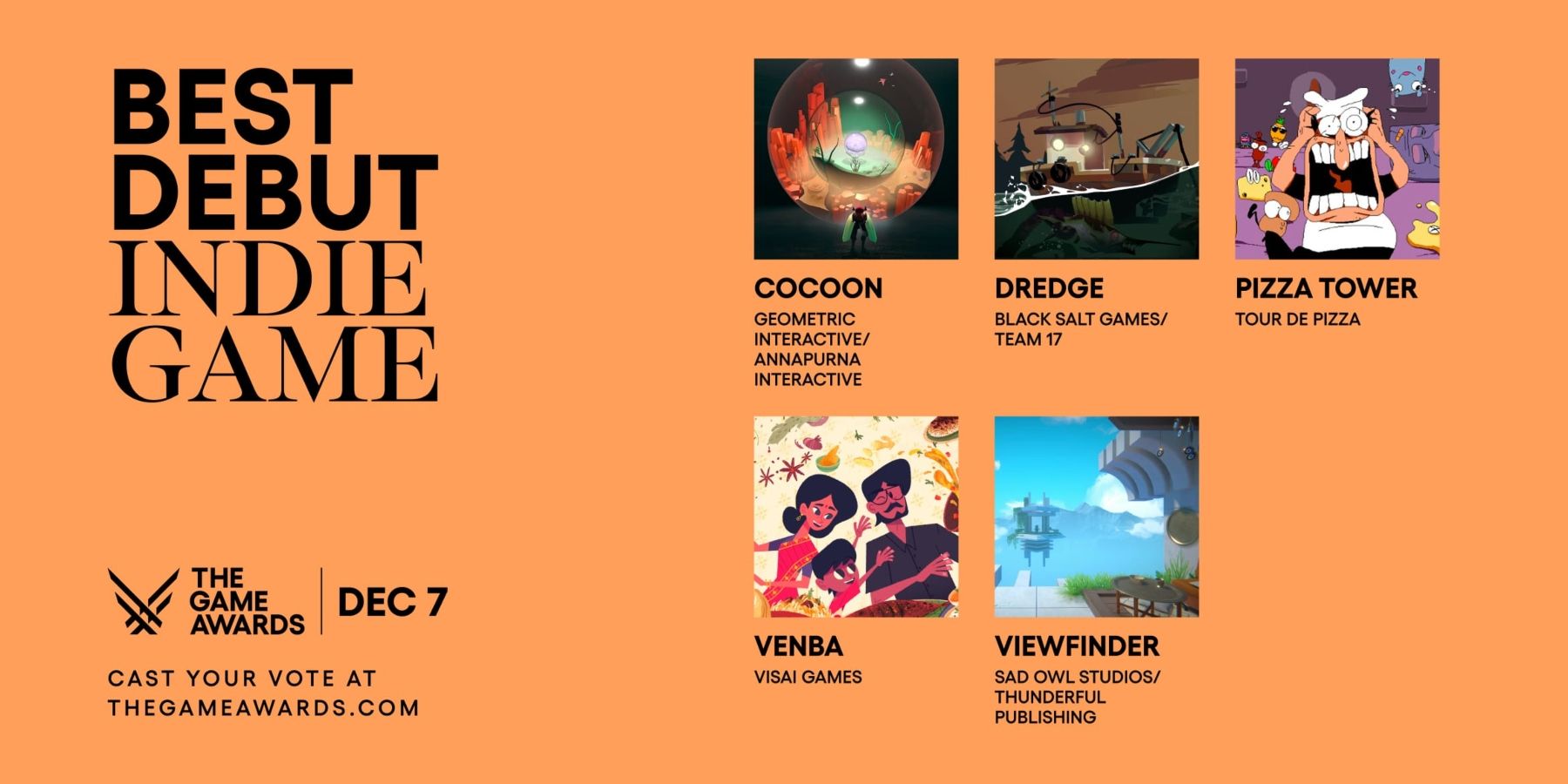Highlights
- A majority of game developers expressed concerns about the long-term sustainability of live-service monetization models, according to recent survey.
- Concerns include worries about players losing interest, competition from other live-service games, and rising development costs.
- Despite concerns, a significant number of developers have already embraced a live-service model or expect to in the future.
A significant number of game developers are unsure about the long-term sustainability of the live-service monetization model, according to a recent survey. Generally, live-service games are those that receive continual updates after launch, often divided into seasons or chapters, and are usually accompanied by a monetization scheme like battle passes. The goal is to keep players engaged and continuously playing the game and spending money, and the model has proven extremely lucrative for developers.
The trend toward live-service models has been met with resistance by many in the gaming community who prefer the more traditional one-and-done games of the past. The conflict has led to comparisons and debates over which is better, with the lack of paid DLC or microtransactions in games like God of War being seen by many as a selling point. On the other hand, when Diablo Immortal and Diablo 4 introduced live-service to a franchise that previously had none, it was seen as both a major negative and a progressive step forward by divided fans.
Warner Bros. Wants to Focus on Live Service Games Instead of ‘One-and-Done’ Titles Like Hogwarts Legacy
Warner Bros. states that it is looking to shift its focus away from single-player games and double down on free-to-play and mobile games.
In a survey run by Game Developer Collective (via Game Developer) between February and March 2024, 600 game developers were asked about video game monetization schemes and the expected sustainability of live-service models. Notably, 70% of those interviewed expressed concerns about live-service, with 39% being “somewhat concerned” and 31% being “very concerned.” Only 25% of developers felt no concern at all, and 4% didn’t know.
Game Developers Express Concern About Live-Service
Proportion of Concern About Live-Service Game Model
- Very concerned – 31%
- Somewhat concerned – 39%
- Not concerned – 25%
Top Reasons for Concern About Live-Service Game Model
- Players losing interest in live-service – 63%
- Competition from other live-service games – 62%
- Rising cost of user acquisition – 47%
- Rising cost of development – 34%
Of those who had concerns about the sustainability of live-service in games, the majority (63%) were most worried about players simply losing interest in the business model. Following closely behind this, 62% of the 600 developers were concerned about competition from other live-service games. Other areas of concern were the increased costs associated with grabbing and keeping player attention, partly as a result of the aforementioned competition, and rising development costs in general. Loss of investor interest and “other” came in last at 12% each.
Of the 600 developers interviewed for the Game Developer Collective survey, 35% considered their most recent game to follow a live-service model. Another 10% felt that that their studios would eventually follow the trend and adopt the monetization scheme. Interestingly, despite the relatively high level of concern about the sustainability of live-service, only 45% of developers felt negatively about the model.
This mixed stance on live-service games seems generally reflective of the gaming community as a whole. Many gamers see no problem with or even prefer a live-service model because it ensures that their favorite games will regularly provide new content and maintain an active player base, and they are willing to pay for those perks. Others are wistful for the single-player and single-pay experience, where one purchase nets the entire game and there’s nothing else to buy.

/cdn.vox-cdn.com/uploads/chorus_asset/file/25746645/22832_2026_Sportage_Family_Lineup.jpg)






